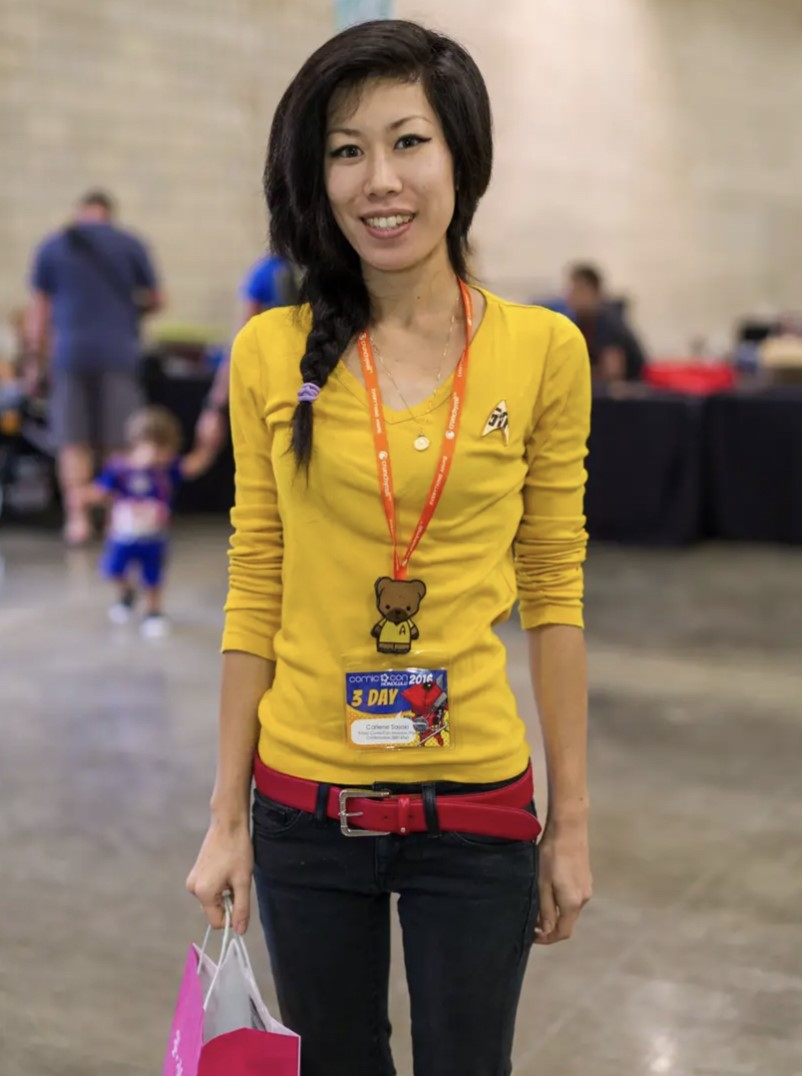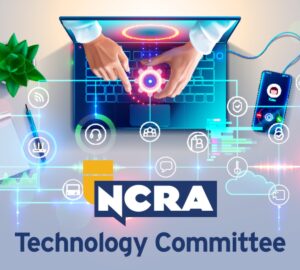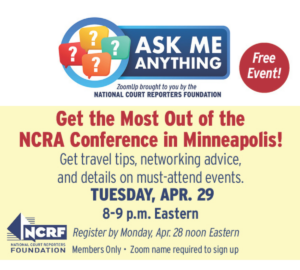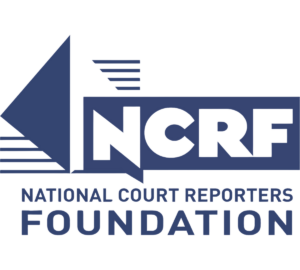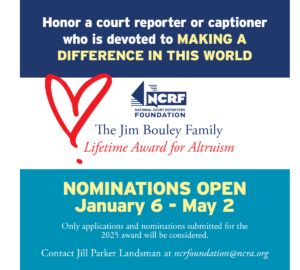Aloha
Carlene Sasaki, of Honolulu, Hawaii, is a lifelong gamer who finds inspiration in Star Trek and a welcoming community in her home state. “The court reporting and captioning community in Hawaii is small, but they are resilient and supportive,” she says. “There is a feeling of acceptance and support that can only be summed up in one word, Aloha.”
UTS | You learned about court reporting in a unique way. Tell us about that.
CS | After graduating college and working full time in retail as a manager, I soon realized that wasn’t a career I could see myself working in for the next 30 years. I quit that job after 10 years and applied for a clerk position at the Hawaii State Judiciary. After I got the position, I learned that I would be working for the court reporter’s office and Hawai’i Board of Certified Shorthand Reporters at First Circuit Court. I was excited to start the job, but totally clueless about what a court reporter was or what to expect.
Shortly after starting the job, I met a group of court reporters who would talk about their experiences working in the courtroom and their techniques of writing faster. I was intrigued. One of the officials, who is also my mentor, introduced the idea of learning court reporting, and I knew this was a career I could see myself invested in. It’s a satisfying feeling to find something that compliments my personality and expectations in a career.
UTS | What do you love about stenography?
CS | I love the challenge it brings to my life. With every hour of practice, passed and failed tests, I’ve learned so much more about myself through the times of struggle; it is a humbling experience. I’ve been a gamer most of my life and enjoyed strategy games that involved finding patterns and improving reaction times with the mouse and keyboard. Learning the basic theory and practicing on the machine came intuitively.
UTS | What would you say to someone who is considering a career in court reporting or captioning?
CS | If you want a career that pays well, is in high demand, where you are in control of your work, and allows you to continually grow and improve, this is the career for you. It’s not easy and there will be a lot of setbacks and failures along the way, but it is part of the process of true growth. Celebrate every achievement while in school, even if you think it’s small like passing a 100 wpm test. In a couple of months from now, a year from now, you will look back at where you were and think I made it. It’s hard to process in the beginning when listening to a high-speed dictation that you could get there, but you can and will as long as you keep practicing and improving your writing.
UTS | Do you have a favorite legal movie or TV show?
CS | Star Trek: The Next Generation. Star Trek is indeed science fiction, but — believe it or not — there are many episodes such as “The Measure of a Man,” “The First Duty,” and “The Drumhead” that hold legal trials and proceedings. There are aspects of the show that parallel the message of NCRA and its certifications/rankings. The commander is equivalent to the RDR; lieutenant commander, RMR; lieutenants, CRC and CRR; chief engineer, CLVS; lieutenant junior, RSR; and ensigns are the RPRs. While each holds a special ranking in the profession, everyone must work together to uphold the mission of NCRA and continue to grow the profession with integrity and ethics.
UTS | Do you think court reporters have been misrepresented on screen or in the press? How so?
CS | In the first episode of Better Call Saul I was ecstatic to see a court reporter in the courtroom; however, I did notice she was using an old stenographic machine that had a stream of paper flowing out of it. While this may be appropriate for the setting of the show, which is based in 2002, it’s not an accurate portrayal of the court reporter today. It would be great to see more court reporters portrayed in film in general.
UTS | Do you have a mentor?
CS | I am grateful that I have a mentor who is working as an official. There are some days when I feel discouraged, but she is there to give me a good pep talk and encouragement, which is all I need to keep going.
UTS | What is a piece of advice you have received that has had a significant impact on your life or career?
CS | The greatest advice I received came from a character named Data in an episode of Star Trek TNG: It is the struggle itself that is most important. We must strive to be more than we are. It does not matter that we will never reach our ultimate goal. The effort yields its own rewards.
The struggle is real. Taking weekly tests, practicing four to five hours a day, and hitting a new high speed is tough. I often tell people it feels like I’m running for my life, and at times with no end in sight. When I think of this quote, I look back at where I was a year ago and feel reassured that it’s been worth it. The struggle has increased my confidence because I know I can make it as long as I keep practicing.
UTS | Is there anything unique about the state of court reporting or captioning in Hawaii that you can share?
CS | The court reporting and captioning community in Hawaii is small, but they are resilient and supportive. I have met many court reporters who have gone out of their way to help me in my endeavor. There is a feeling of acceptance and support that can only be summed up in one word, Aloha.
UTS | What is your dream job?
CS | My dream job would be to work for the state as an official or full time as a freelancer in Hawaii.
UTS | Is there anything else you would like to share?
CS | I believe that if court reporting were introduced to younger generations, there would be a strong interest. Social media platforms like Instagram and Tik Tok are a great way to show off a court reporter’s lifestyle, potential six-figure earnings, and flexible scheduling.
Carlene Sasaki lives in Honolulu, Hawaii and attends Mark Kislingbury’s Academy of Court Reporting.
Missed previous issues of Up-to-Speed? Access them here.
